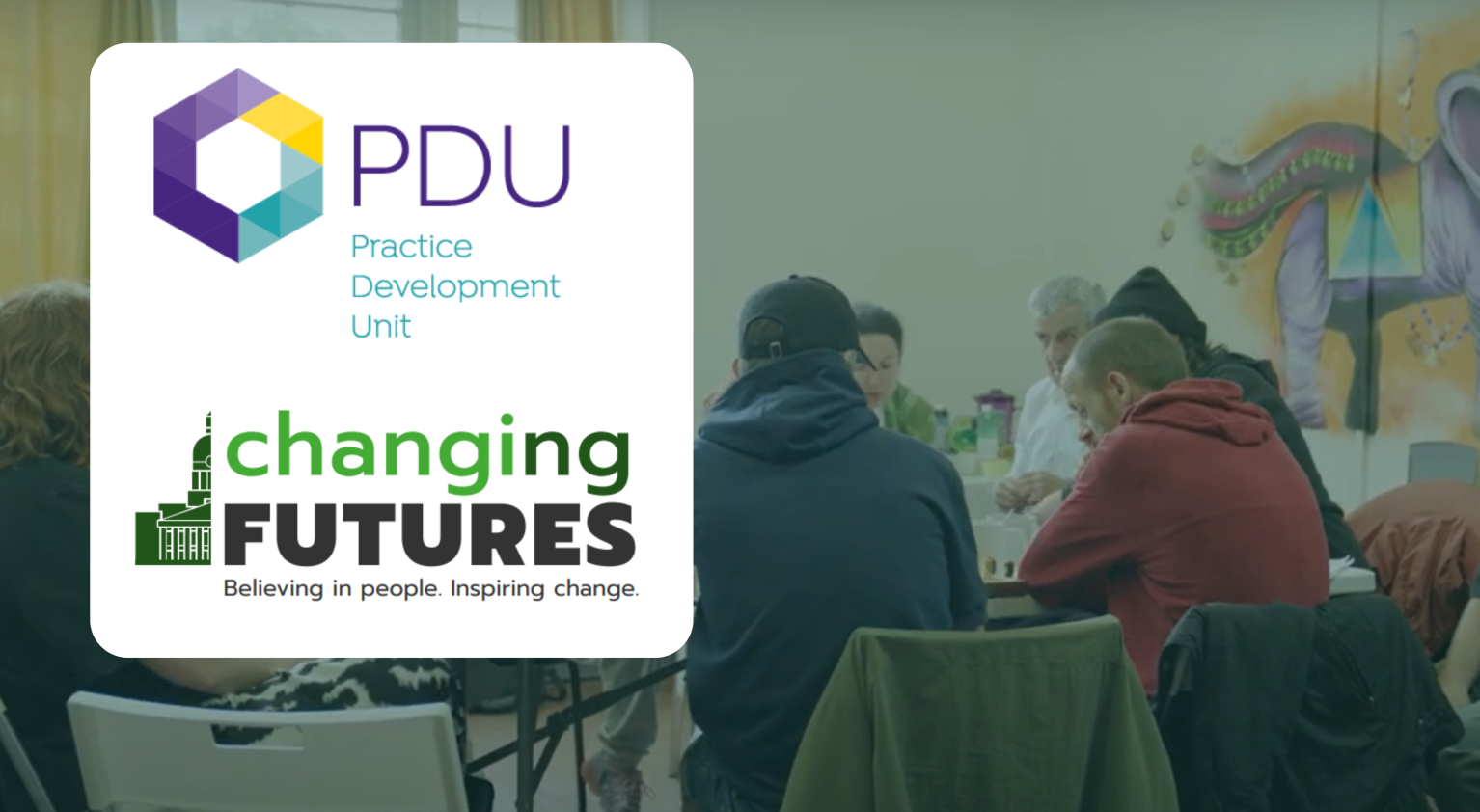
Primary Care and Severe and Multiple Disadvantage Collaboration Project – Access to Healthcare
People experiencing severe multiple disadvantage (SMD – co-occurring experiences of homelessness, substance use, mental-ill health, domestic and sexual violence and/or abuse, and offending) are amongst the most vulnerable within our population to health inequalities and premature mortality.
The challenges they experience in their lives (e.g. due to mental-ill health, trauma, addiction and homelessness) and barriers to accessing preventative healthcare (e.g. due to stigma, exclusions and other reasons) often result in earlier onset of chronic health conditions and longer-term reliance on emergency and more resource intensive interventions (including repeated A&E attendances and unplanned admissions to hospital). People working in healthcare also often encounter difficulty meeting their needs, managing missed appointments, and working to address issues beyond their remit (e.g. housing) – and where clinical interventions are provided, they can be frustrated by people returning to situations that present a persistent risk to their health.
Over the last year, people with lived experience of SMD from Changing Futures Nottingham have collaborated with the Nottingham Practice Development (PDU) and the NCGPA Centre of Excellence to raise awareness and understanding of the key issues and challenges in access to primary care. A range of resource have now been developed across this partnership to help support improved engagement and outcomes from primary care, including:
- A toolkit for practices to use to (registration, environment, flexibility with appointments, access to free training, pathways to external support, etc)
- An ‘I Need Extra Help Card’ scheme for a person to record individual needs and potential adjustments
- An ‘Access to Healthcare’ video featuring people with lived experience and colleagues in primary care
- A wider SMD resource pack for all colleagues working in primary care
- A set of ten lived experience recommendations (to be made available as a poster) to help embed ‘SMD friendly’ approaches, with suggestions including:
- A flexible appointment system
- Allowing for reasonable adjustments
- Providing an SMD ‘drop in’
- Ensuring services and patient care is trauma-informed
These approaches have been co-produced with the dual aims of:
- Improving patient experience / overall health for people experiencing SMD
- Providing support to colleagues and manage pressures in primary care (e.g. by reducing missed appointments, supporting quicker access to external support to help with wider needs, etc)
These resources have initially been outlined in dedicated PLT sessions on SMD for colleagues in primary care in July, and are now being endorsed and adopted within a new Inclusion Health and SMD Primary Care toolkit being developed locally through a Phoenix Fellowship.